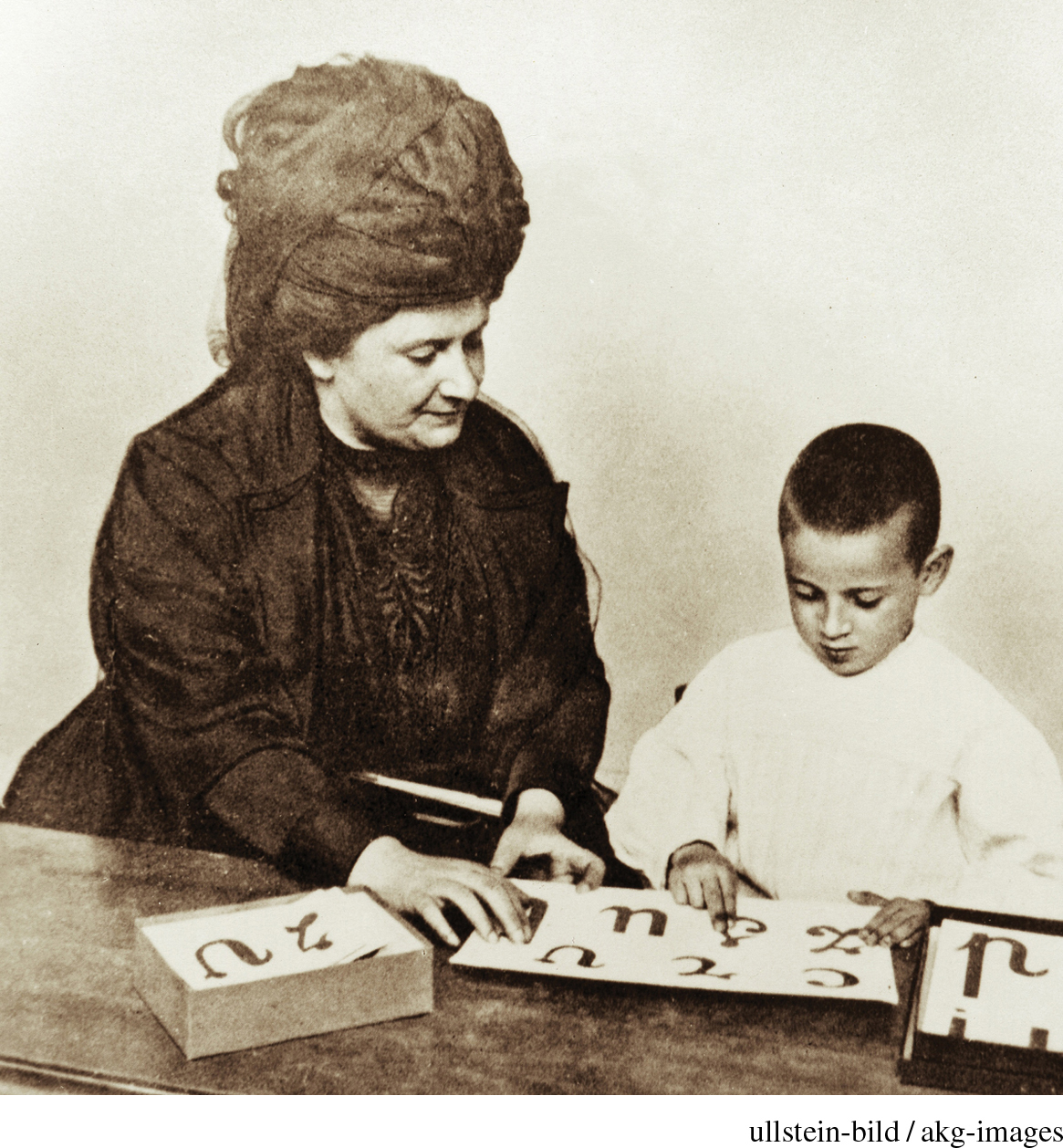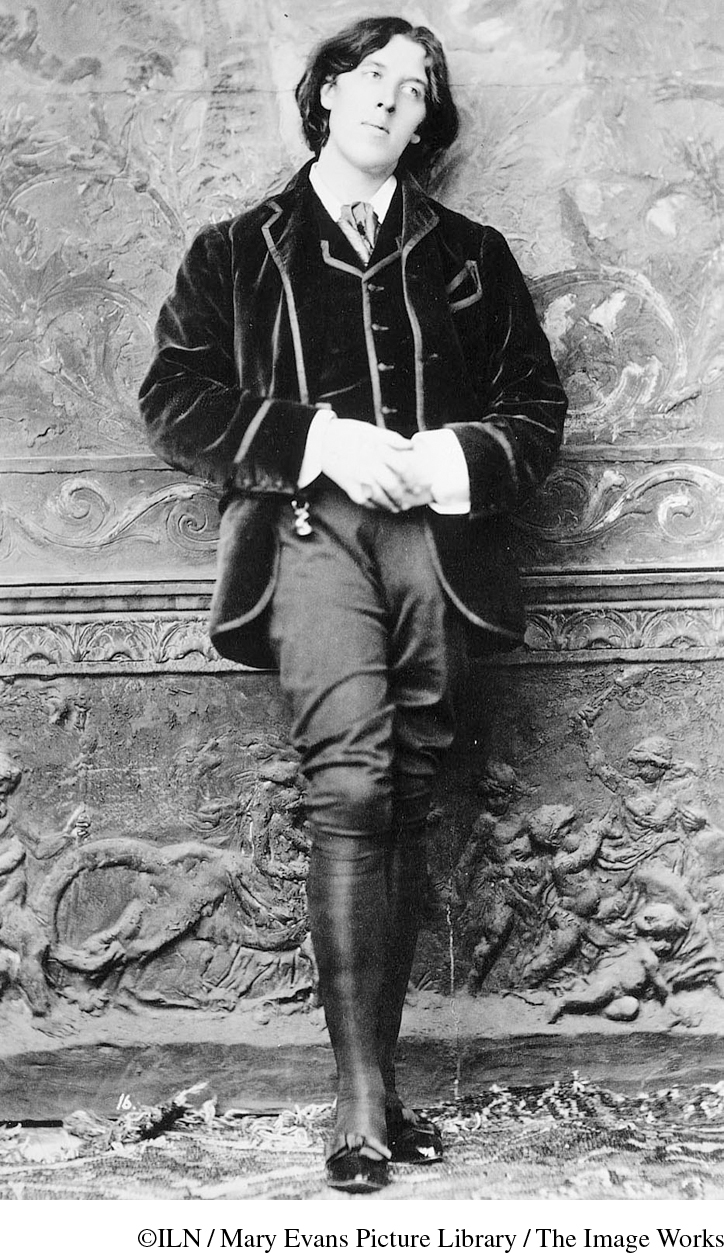New Women, New Men, and the Politics of Sexual Identity
New Women, New Men, and the Politics of Sexual Identity
Rapid social change set the stage for even bolder behaviors among some middle-class women. Adventurous women traveled the globe on their own to promote Christianity, make money, or learn about other cultures. The increasing availability of white-collar jobs for educated women meant that more of them could adopt an independent way of life. The so-called new woman dressed more practically, with fewer petticoats and looser corsets, biked down city streets and country lanes, lived apart from her family, and supported herself. Italian educator Maria Montessori (1870–1952), the first woman in Italy to earn a medical degree and the founder of an educational system that still bears her name, secretly gave birth to an illegitimate child. Other new women lived openly with their lovers. Not surprisingly, there was loud criticism: the new woman, German philosopher Friedrich Nietzsche wrote, had led to the “uglification of Europe.”

Sexual identity also fueled debate. A popular book in the new field of “sexology,” which studied sex scientifically, was Sexual Inversion (1896) by Havelock Ellis. Ellis, a British medical doctor, claimed that there was a new personality type—the homosexual—identifiable by physical affection for members of their own sex. Homosexuals joined the discussion, calling for recognition that they composed a natural “third sex” and were not just people behaving sinfully. Some maintained that, possessing both male and female traits, they marked “a higher order” on the scale of human evolution. The discussion of homosexuality started the trend toward seeing sexuality in general as a basic part of human identity.
The issue became explosive in the spring of 1895, when Irish playwright Oscar Wilde (1854–1900) was convicted of indecency—a charge that referred to his sexual affairs with younger men—and sentenced to two years in prison. “Open the windows! Let in the fresh air!” one newspaper rejoiced at the conviction. Between 1907 and 1909, German newspapers broadcast the courts-martial of military men in Kaiser William II’s closest circle who were condemned for homosexuality and transvestitism. The government had to assure the public that William’s own family life was “a fine model” for the German nation, as heterosexuality took on patriotic overtones. Despite the harsh judgments against homosexuals, these cases paved the way for growing sexual openness. Yet they also made sexual issues regular weapons in politics.
